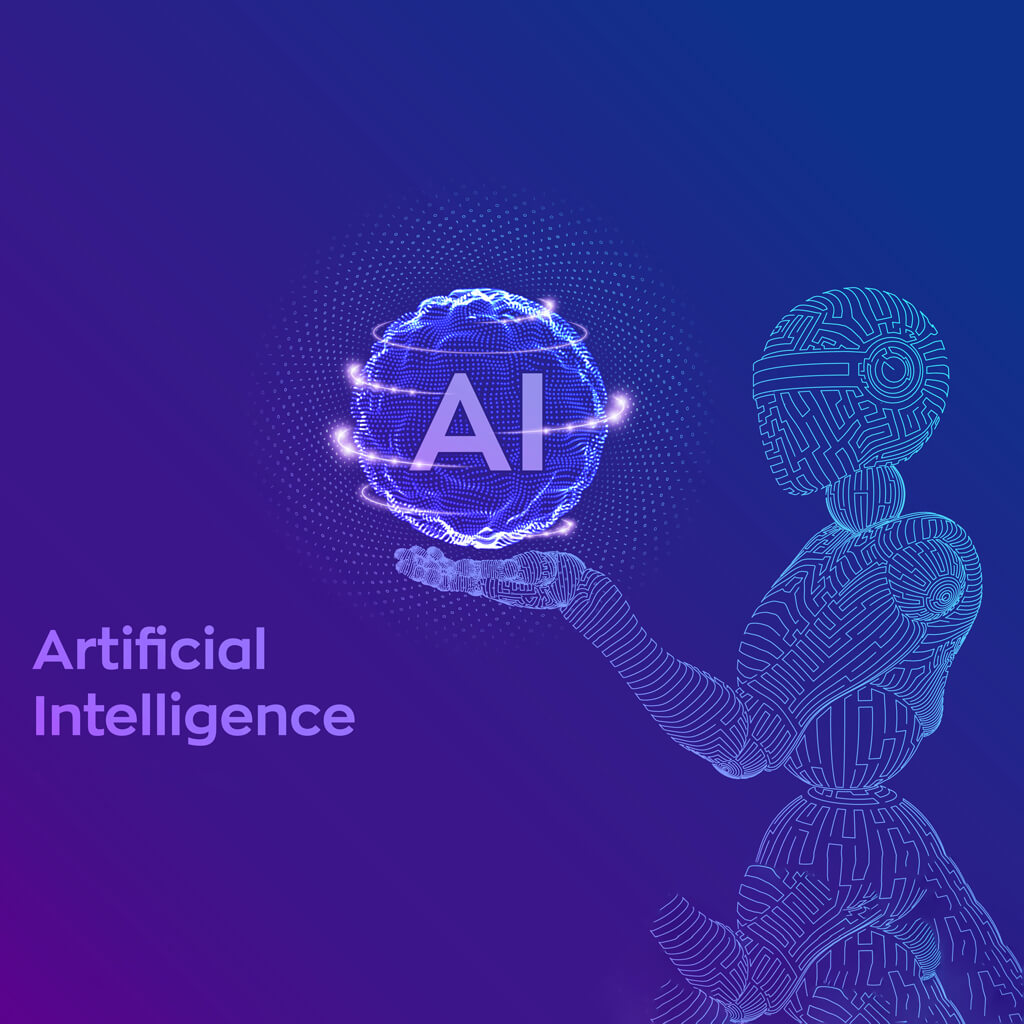The world is witnessing an exciting revolution driven by artificial intelligence (AI). AI is no longer a futuristic concept but an integral part of our daily lives, and its impact is being felt across various industries. From healthcare and finance to transportation and entertainment, AI is transforming the way we live, work, and interact with technology.
One of the most significant ways AI is revolutionizing industries is through automation and efficiency. Intelligent automation powered by machine learning algorithms can perform repetitive and time-consuming tasks faster and more accurately than humans. For example, in manufacturing, AI-driven robots can handle dangerous or tedious jobs, improving productivity and reducing errors.
AI is also making an impact in the healthcare industry. With the development of advanced diagnostic tools and image recognition technology, AI can assist in identifying potential health issues and providing personalized treatment plans. This technology can also help streamline administrative tasks, such as processing insurance claims and updating patient records, allowing healthcare professionals to focus more on patient care.
The financial industry is also embracing AI to detect and prevent fraud, improve investment strategies, and enhance customer service. AI algorithms can analyze vast amounts of data and identify patterns and anomalies, helping to identify potential risks and opportunities. Additionally, natural language processing enables chatbots and virtual assistants to provide customers with real-time, personalized financial advice and support.
Transportation is also being transformed by AI, primarily through the development of autonomous vehicles. Self-driving cars, trucks, and drones use machine vision and advanced sensors to navigate roads and airspace safely. This technology has the potential to reduce accidents, improve traffic flow, and revolutionize the way goods and people are transported.
In the entertainment industry, AI is being used to create immersive and interactive experiences. Whether it’s virtual reality games or interactive movies, AI-driven technologies are pushing the boundaries of storytelling and engagement. AI also plays a role in content creation, using data-driven insights to develop tailored recommendations and personalized content for audiences.
AI is also making strides in the legal industry, with natural language processing and machine learning being used to search and analyze large volumes of legal documents and case histories. This technology assists lawyers in conducting due diligence, identifying key clauses in contracts, and researching precedents, leading to more efficient legal processes.
The potential of AI extends to the education sector as well. AI-powered virtual tutors can provide personalized learning experiences, adapting to each student’s needs and progress. Additionally, AI can assist teachers in evaluating student performance, providing data-driven insights to inform teaching strategies and curriculum development.
AI is also revolutionizing the way businesses operate through advanced customer service options. Chatbots and virtual assistants powered by natural language processing can understand and respond to customer inquiries, providing immediate and personalized support. This technology improves customer satisfaction and allows human customer service representatives to focus on more complex issues.
The impact of AI is also being felt in the energy industry, where it is being used to optimize energy systems and improve efficiency. AI-driven demand response programs can balance energy supply and demand, and predictive maintenance algorithms can anticipate and prevent potential equipment failures. This helps improve grid reliability and reduce energy waste.
Overall, AI is having a profound impact on a wide range of industries, driving innovation, improving efficiency, and creating new opportunities. As AI technology continues to evolve and advance, we can expect even more revolutionary changes in the way we live and work across all sectors.
